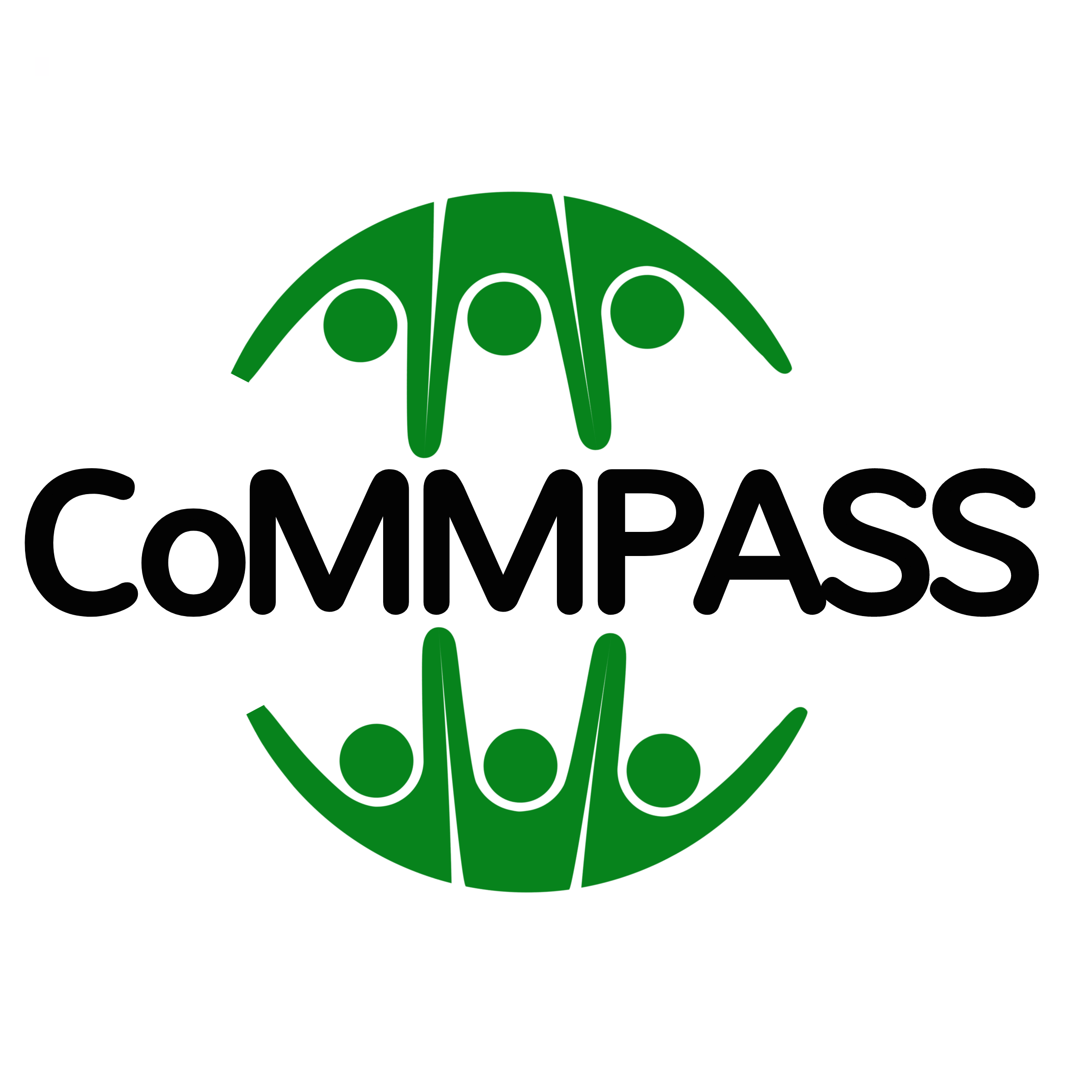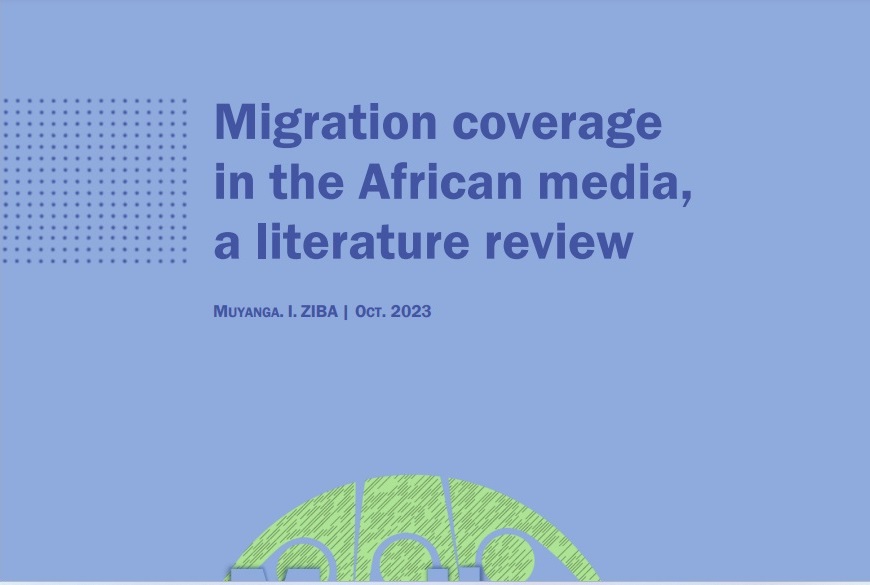Literature provides that the large numbers of migration have political, economic, social, developmental, humanitarian and human rights consequences to the movers and the countries of origin, transit and destination. Although the movers may be exposed to brain gain and improved living standards, chances of facing uncertain reception in form of torture, detention and other human rights violations are very high. Against the common gain of cheap labour, destination or host countries mostly suffer social, and economic burdens.
Definition of migration and its concepts or typologies are key. It is often refered to migration as “the relocation of people within space that involves their permanent or temporary change of residence.” Regular migration is the term which is used where movers possess proper travel and residence documents . Some scholars use the highly debatable and controversial labels of legal and illegal migration to refer to regular and irregular migration . International migration is subdivided into immigration and emigration. Emigration is the movement of people out of their own country, while immigration is the movement of people into a country that is not their own The ease in mobility communication and transportation has also resulted into a new migration typology called transnational migration . In summary, it should be noted that the types of migration tend to be interconnected.
Full report follows.


Comments are closed